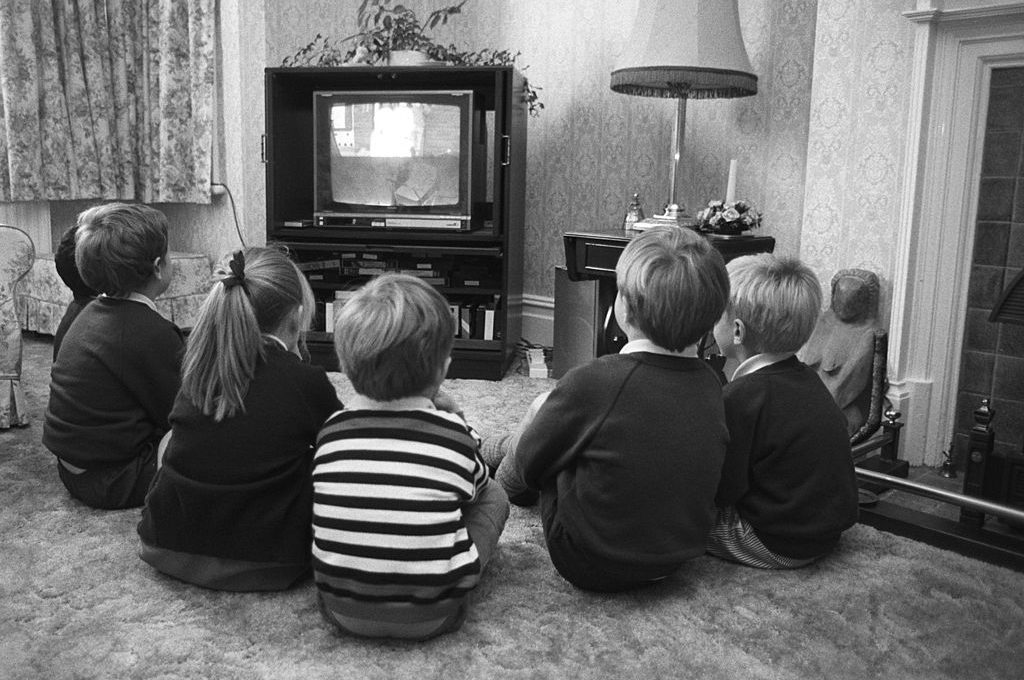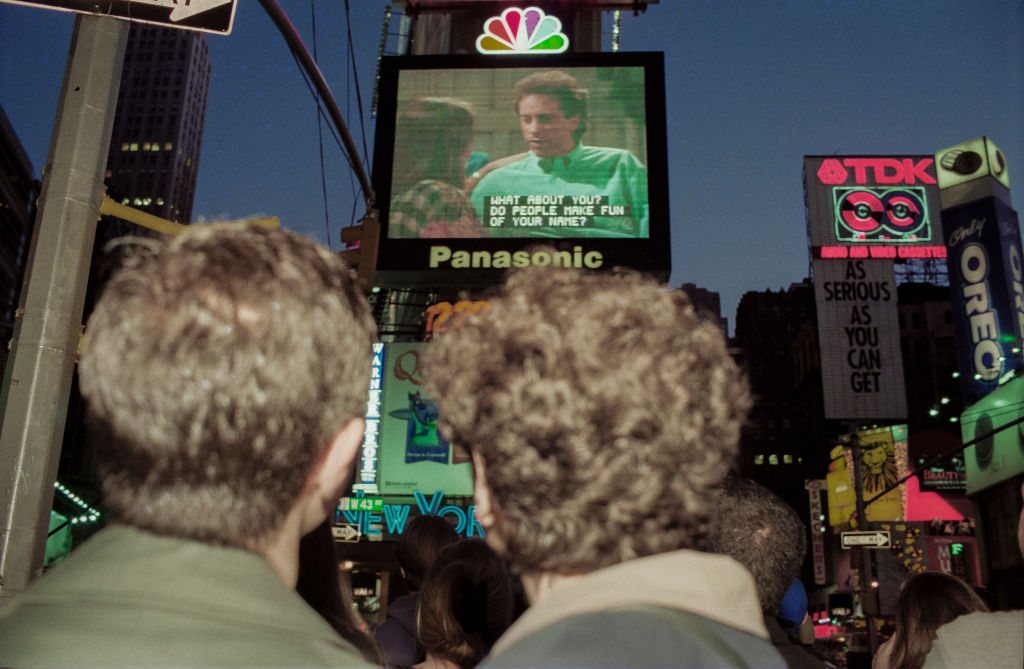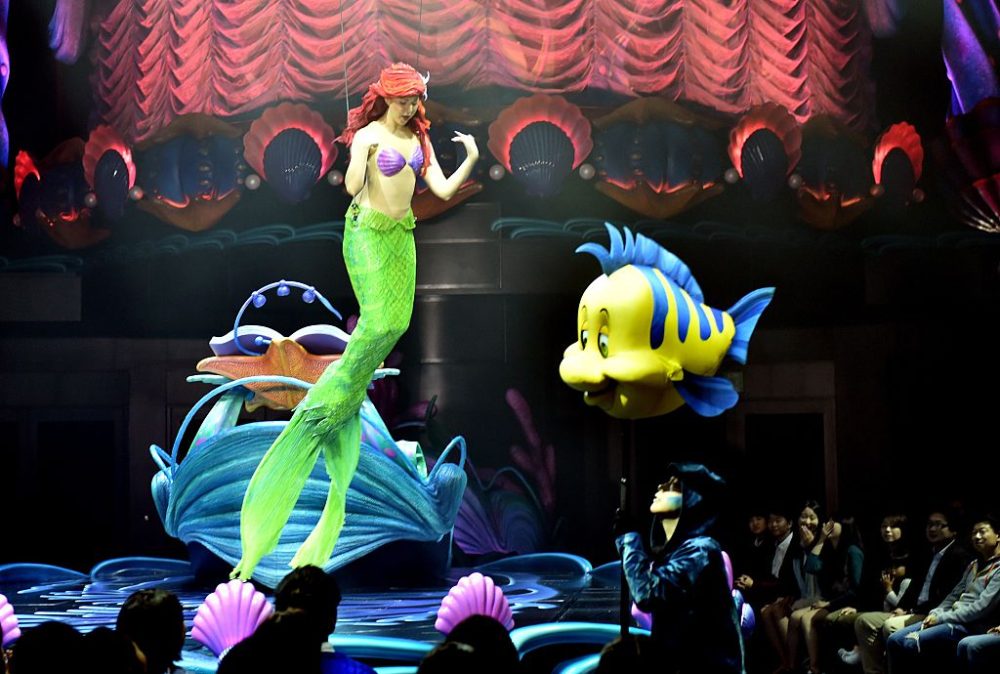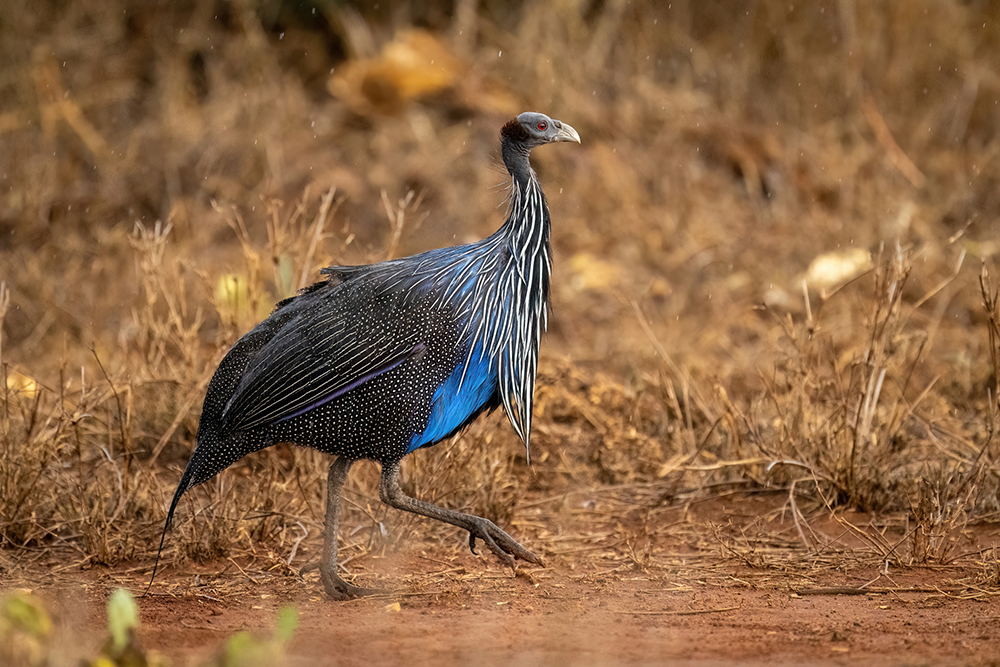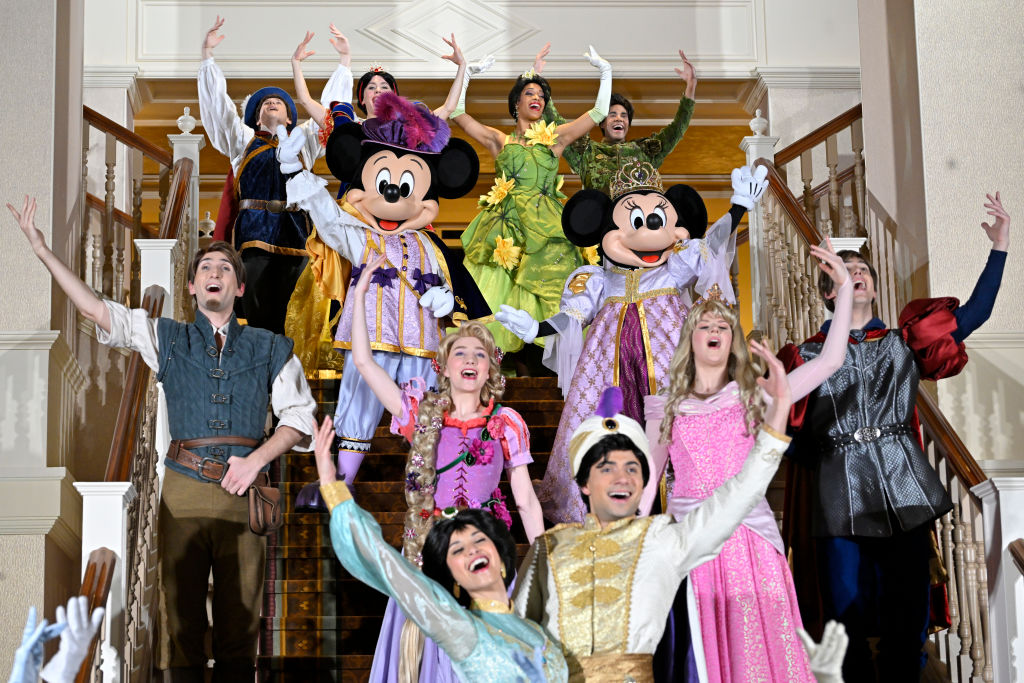We’re spending all this money to fight Vladimir Putin but what about Mindy Kaling? From Democrats to Republicans, from Atlantic to Pacific, the nation has rarely been as united as it is in hatred of Kaling’s new animated HBO show Velma. The gory and profane rehash of the Scooby-Doo franchise has a whopping 7 percent audience score on Rotten Tomatoes. YouTube commentators leapfrog over each other to denounce the show: Velma is cringe; Velma is garbage; Velma is racist!
Far be it for me to agree with the mob: I’d love nothing more than to say I like this show and watch a million Twitter coronaries blossom. But alas, having seen it, I can attest that Velma’s very existence has singlehandedly wiped out centuries of human progress. The show is ugly, coarse, unfunny, mean — and the worst part is it revels in being this way. Velma is at the vanguard of a new cinematic trend, one that debases our favorite childhood stories for kicks.
Did you used to enjoy Scooby-Doo and those meddling kids? Wait until you see them doing drugs and murdering each other!
It isn’t just Velma. The let’s-ruin-your-childhood theme can also be found in the recent low-budget horror flick Winnie-the-Pooh: Blood and Honey. The devilishly clever plot is as follows: Pooh and Piglet go feral and kill a bunch of people. That’s it, really. I’ll give you a second to digest the sheer Lovecraftian sophistication of it all. The deaths include such never-before-seen techniques as feeding a chick into a woodchipper and stabbing another with a knife.
Once you get past the shock value of a live-action Pooh slasher villain, Blood and Honey is a color-by-numbers horror. Even the articles hyping it can’t help but be banal: “Oh, bother,” smirks every headline. “Childhood ruined!” Likewise with Velma, which is an exercise in seeing just how thoroughly the Scooby franchise can be drenched in self-impressed nihilism. These works are at their cores acts of inversion, flipping your pastoral childhood memories by making them as adult as possible. Yet what they depict isn’t even so much adulthood — how many of us have ever been attacked with a sledgehammer? — as darkness for its own sake. And that darkness quickly becomes predictable.
None of this is to suggest there isn’t room for gritty rethinks of childhood proper. The excellent His Dark Materials novels are a rebuttal to the innocent yarns of the Narnia series, dropping their child protagonists into a far more adult and metaphysically complex world. The show Riverdale (its first season anyway) punctured the white bread of the Archie comic strips with teenage angst and grief. What happens when our favorite childhood characters grow up? That’s a question we’ve all asked at some point.
But lean too hard into this and it becomes insufferable. There’s a reason darkly comedic takes on kids’ shows have usually come in the form of brief gags. The College Humor bit “Where the F*** is Carmen Sandiego?” which reimagines the PBS game show as a hardboiled detective serial, is very funny (sample line: “You will tell me where I can find the loot, the warrant, and the crook, or I will submerge you in a vat of liquid pain so deep it will make you beg for death”); it is also three minutes long. Family Guy chucked every bit of pop culture imaginable into its subversive blender — Cookie Monster as a drug addict, Goofy going to hell for planning 9/11 — but those cutaways were always blink-and-you’ll-miss-them.
Whereas to watch Velma or Blood and Honey is to spend hours getting clubbed over the head with the same gimmick and exactly nothing else. See how they’re no longer innocent?! SEE?! Up next: Ash Ketchum gets out of rehab, Pikachu can’t stop murdering prostitutes and the audience lapses into a persistent vegetative state — only on HBO.
We’ve reached a strange cultural point where dynamiting shibboleths has become its own shibboleth, where the “maturing” of childhood legends has become a form of protected immaturity. And it isn’t going to stop here. Blood and Honey could be made because the copyright on Winnie the Pooh and Piglet expired back in 2022 (other Hundred Acre Wood denizens like Tigger are still covered, which is why they aren’t in the film). With cherished animated favorites like Bugs Bunny and Mickey Mouse soon to enter the public domain, we’re about to see more childhood ruined slashers, sex comedies, razor-sharp edge.
But then what is edgy in the year 2023? The other day, I sat down with my one-year-old son and switched on Winnie-the-Pooh and the Blustery Day, the first ever Disney short featuring A.A. Milne’s characters. What I found was so blissful as to feel like its own form of subversion. There were no political metaphors, no blazing graphics; Gopher wasn’t a hard-drinking antihero who occasionally beats the shit out of Heffalumps but hates racism so it’s all good. It was all very innocent; the main antagonist was a windstorm. My kid found it bingeable.
And it’s here that we stagger onto the final frontier of the counterculture. When the transgressive becomes normal, the normal will become transgressive. Does Disney want to be edgy? It should order up another batch of classic Winnie-the-Pooh episodes, sans any winks to adults, any slapstick, just quiet storytelling and a wholesome moral at the end. To be sure, critics won’t know how to ironically headline their reviews. But then the coveted “young child” demo just might be worth the risk.
This article was originally published in The Spectator’s April 2023 World edition.



